Transformation from the Roots: Institutions Must Be One Step Ahead
In the context of Vietnam's economy shifting strongly to a model based on science, technology, innovation and digital transformation, institutional improvement is not only a supporting task, but also a driving force. The National Assembly's simultaneous passing of 5 Laws at the same session, in which the Ministry of Science and Technology plays a leading role, is a step to realize the mindset that "institutions must go first, paving the way for development". These 5 Laws not only expand the policy scope for businesses and scientists, but also clearly demonstrate the transformation of management thinking - from pre-control to controlled post-control; from administration to market; from management to creation and companionship.
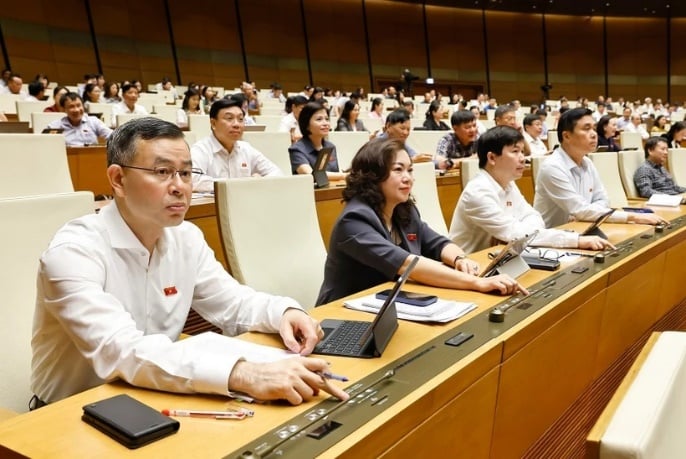
National Assembly deputies vote to pass the bill at the 9th Session of the 15th National Assembly.
Law amending and supplementing a number of articles of the Law on Product and Goods Quality:
For the first time, modern management tools such as risk assessment, digital traceability, and mutual recognition have been institutionalized, creating a shift from "quality management" to "quality assurance" based on data and digital technology . This is an institutional push for Vietnamese goods to better meet international standards, promote exports, and protect domestic consumers.
Digital Technology Industry Law:
This is a pioneering law, laying the legal foundation for the digital technology industry, the field with the highest growth rate, creating new values in the digital economy. The law paves the way for innovative business models, platform technologies such as AI, big data, blockchain, cloud computing, etc., while promoting the development of digital products and services Made in Vietnam.
Law amending and supplementing a number of articles of the Law on Technical Standards and Regulations:
The "empowerment with responsibility" mindset is strongly institutionalized through decentralization and delegation of authority to localities and ministries and branches in the development of standards and regulations. No longer a purely technical tool, the system of Vietnamese Standards and Vietnamese Regulations is being reshaped into strategic soft infrastructure, helping to improve national productivity and unleash the creative capacity of enterprises.
Law on Atomic Energy (amended):
In the context of global energy transition, the Law affirms Vietnam’s long-term vision in researching and gradually developing modern and safe nuclear power. Regulations on small modular reactors (SMRs), radioactive pharmaceuticals, radiation applications and nuclear technology in medicine, agriculture, industry, etc. open up new space for sustainable development and proactive core technology.
Law on Science, Technology and Innovation:
For the first time in history, “innovation” was established as an independent institutional pillar, closely linked to science and technology. Enterprises were given a central role, scientists were promoted to have academic freedom, and state governance shifted to an innovation value chain approach. This law is the policy “pivot” for the entire national innovation ecosystem.
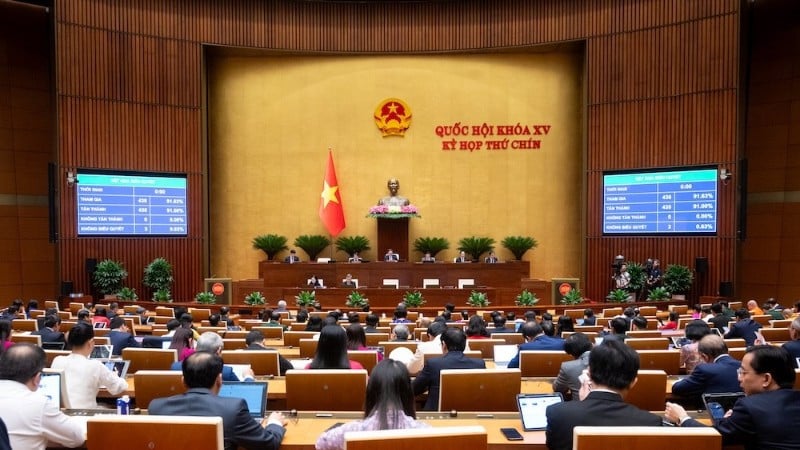
The National Assembly passed the Law on Science, Technology and Innovation.
Laying a solid foundation, paving the way for national development
The five laws passed by the National Assembly this time are not only the result of a systematic law-making process, but also a powerful institutional declaration, demonstrating the strategic vision and creative role of the Ministry of Science and Technology. In particular, the law does not stop at regulating behavior, but has become a launching pad for innovation capacity, technology market and new development values of the country.
The process of developing these laws clearly reflects the spirit of in-depth institutional reform that is carefully prepared, transparent, and especially with the participation of businesses, experts, associations, and localities. That is how "living" policies are formed from practice, serve practice, and promote development.
The birth of 5 laws corresponding to 5 core institutional components has created a new, synchronous, and modern legal foundation for the national innovation ecosystem. The fact that they were passed by the National Assembly at the same time in one session is an unprecedented milestone, affirming that institutions are no longer a bottleneck, but are transforming into a driving force for development, a lever to realize the aspiration of a strong Vietnam in the age of intelligence and technology.
Source: https://mst.gov.vn/hoan-thien-the-che-cho-phat-trien-bo-khoa-hoc-va-cong-nghe-ghi-dau-an-voi-5-luat-lon-197250628104636539.htm













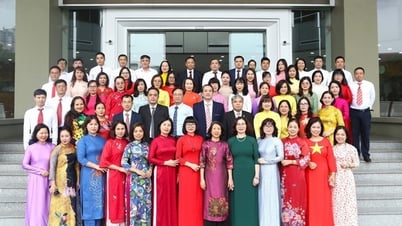







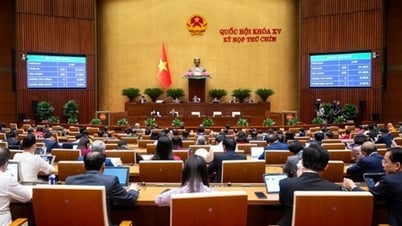


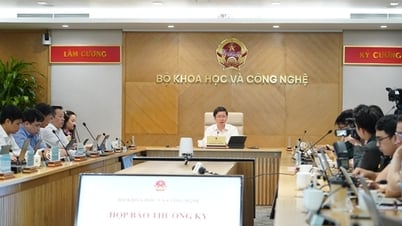

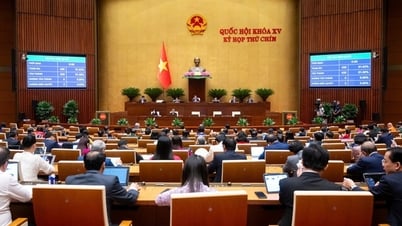
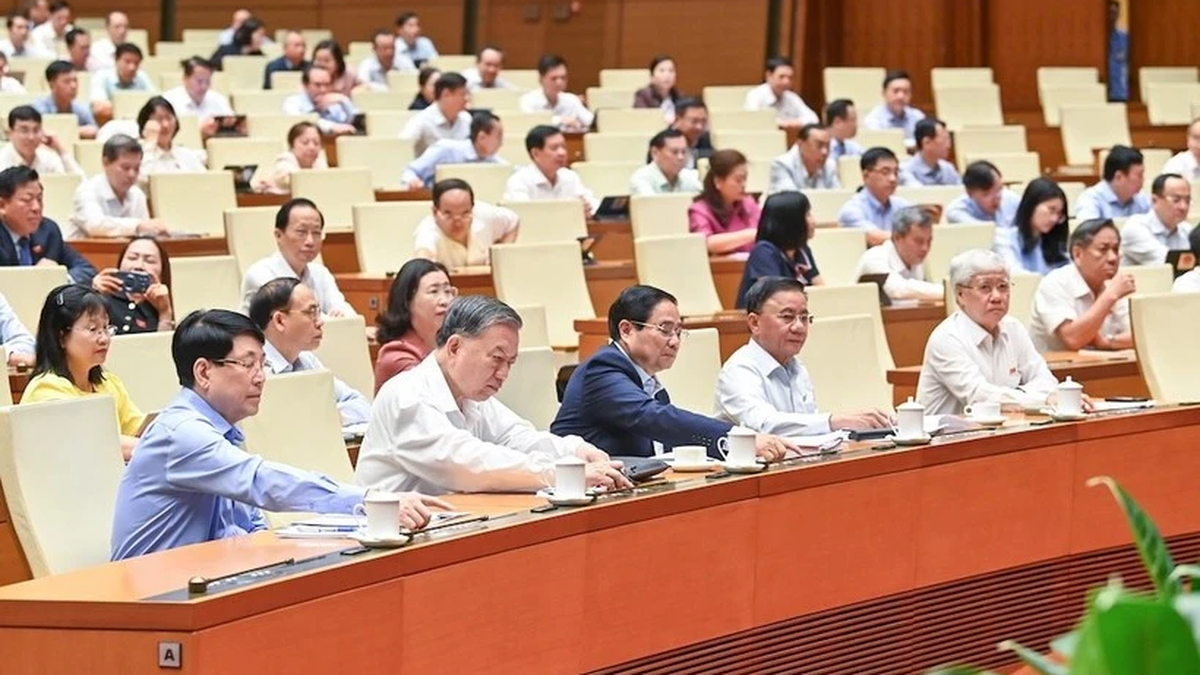









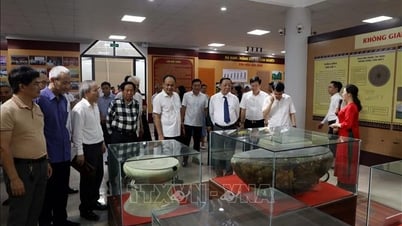















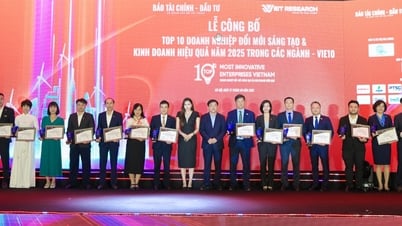












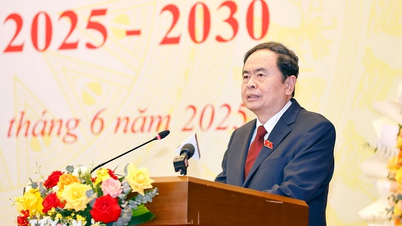

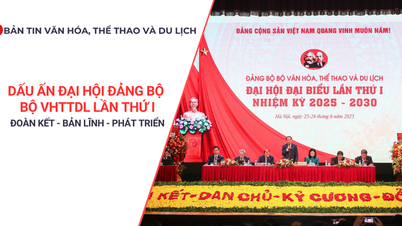



























Comment (0)